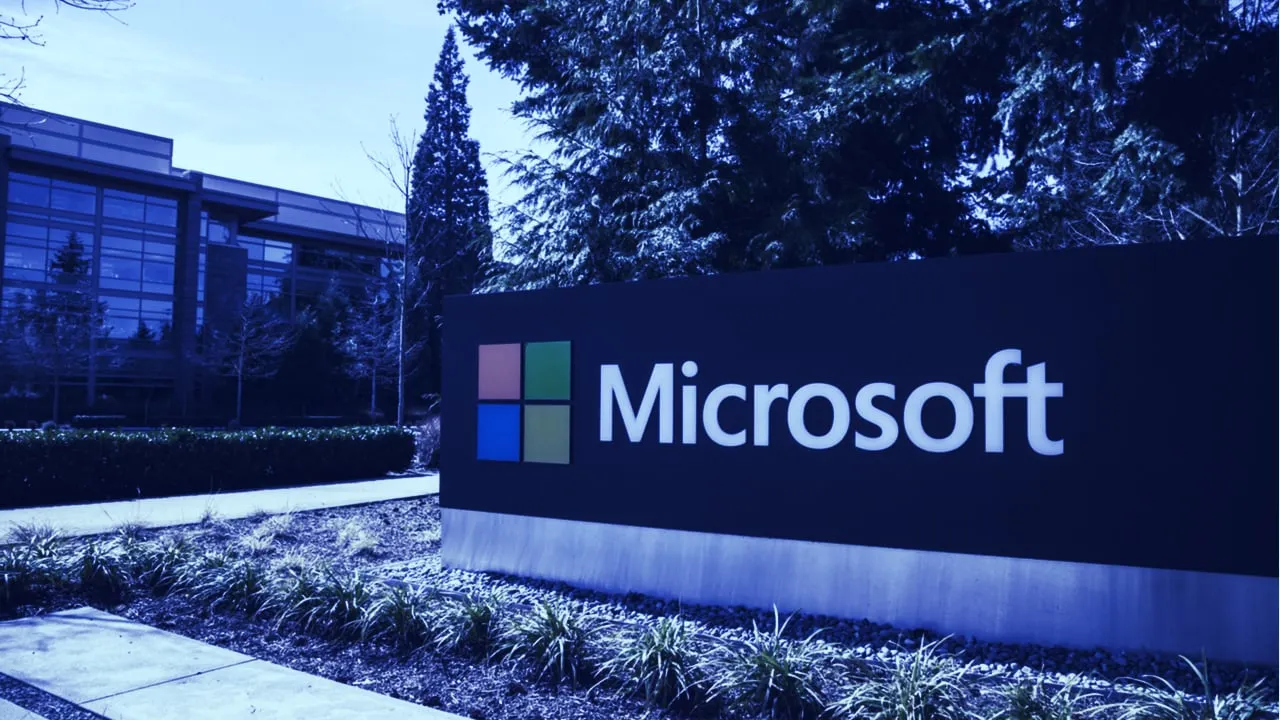Microsoft may not be the first name to come to mind when it comes to blockchain. Still, the company has experimented with the technology for many years.
According to screenshots shared on Twitter by Albacore, a pseudonymous software researcher from central Europe, Microsoft has added code that would integrate a non-custodial crypto wallet into the company’s default Edge browser.
Newest in the gauntlet of questionable upcoming Microsoft Edge features, a crypto wallet 💸
Not really sure how to feel about this kind of thing being baked into the default browser, what are your thoughts?
More screenshots of the UI in the next tweet ➡️ pic.twitter.com/GAUPiZGLIY— Albacore (@thebookisclosed) March 17, 2023
The screenshots Albacore shared depict a user interface for a cryptocurrency wallet, a decentralized application explorer, a news feed, and the ability to buy cryptocurrency through Coinbase and MoonPay. The enhancement is "already baked in" to recent releases of the Microsoft Edge browser, but is hidden and not accessible to users.
Albacore cautions that Microsoft builds and tests a lot of things that never see the light of day.
"[The] Edge team are kings of throwing every imaginable thing at the wall and seeing if it sticks," the researcher said. "The list of obsolete gimmick features that they tried and eventually removed is quite long."
Even so, Albacore says the Edge wallet functions correctly.
“Considering I was able to use it just fine I’d imagine that a rollout is not out of question,” Albacore told Decrypt. “[I] would hope that if it was a tiny trial they wouldn’t bother deploying the services to production.”
Microsoft’s first web browser, Internet Explorer, launched in 1995, the same year the Opera browser launched. But while Microsoft discontinued Internet Explorer last year in favor of Edge, Opera has created different iterations of its browser and incorporated a crypto wallet and connection for dapps into its Opera Crypto Browser.
Albacore believes that Microsoft’s foray into crypto wallets may be an attempt to offer similar products to Opera’s closest rival, Brave Browser, the privacy-focused browser that also provides Web3 functionality.
"I think they might be gauging if more bits of the Brave feature set are something a portion of the user base would appreciate," Albacore said.
Brave added support for the Solana blockchain in its desktop browser in May. Earlier this month, Brave expanded the functionality of its self-custody wallet, allowing users to buy and sell cryptocurrency without having to leave the integrated Brave Wallet.
Beyond its own blockchain designs, Microsoft has also worked with others to move into this emerging industry, including leading a $20 million strategic round into Space and Time, a Web3 data warehouse, in September.
Microsoft would not confirm any aspect of its Edge crypto wallet development.
“At Microsoft, we regularly test new features to explore new experiences for our customers,” a Microsoft spokesperson told Decrypt in an email response. “We look forward to learning and collecting feedback from customers but have nothing further to share at this time.”

